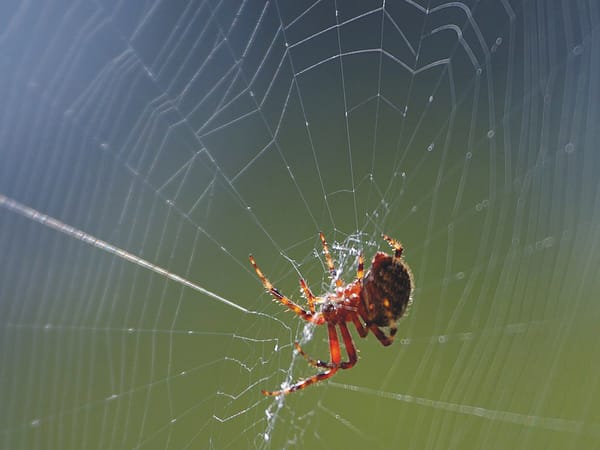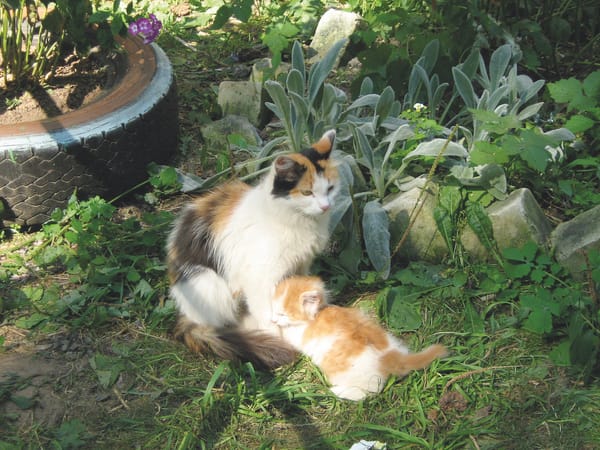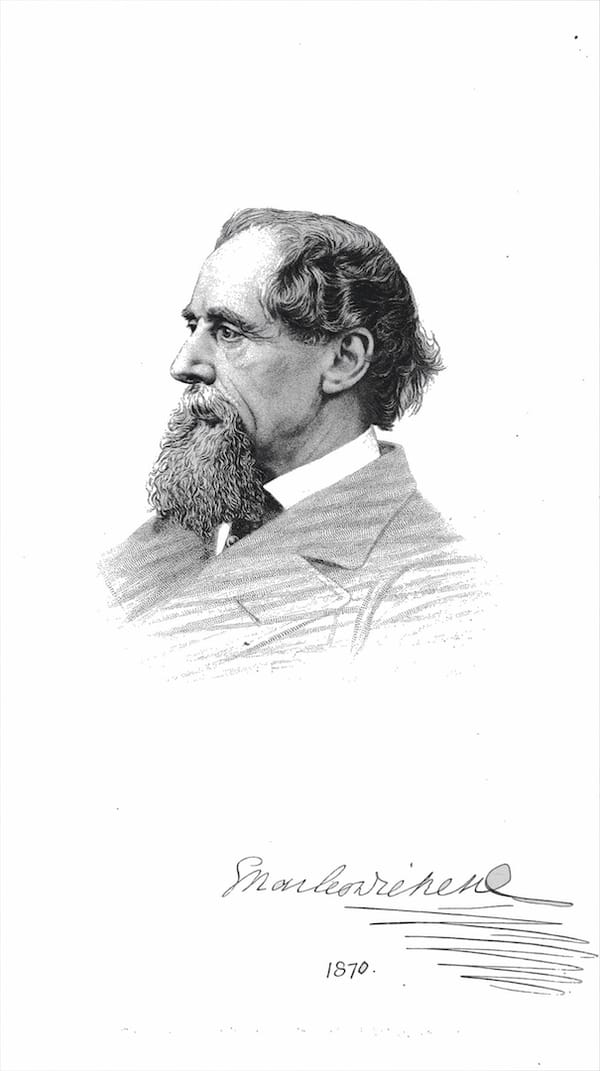Puppy science: Why they are so cute?
Scientists organised a 'puppy beauty contest' to find out why…

I don’t know about all of you reading this, but I am crazy about puppies! However, have you ever wondered why they look so incredibly adorable, especially at a young age?
According to a recent collaborative study between the US and the Netherlands, puppies have evolved to be cute because their life depends on it. Unlike their wolf ancestors, the mothers of these puppies usually leave them when they are six to eleven weeks old, depending on the breed and whether they live in the wild or in captivity. It means that puppies will not receive support from their parents following this weaning period. This lack of nursing can result in a shortage of food, and in some cases death. Therefore, it would be logical to deduce that young dogs who are more attractive during this weaning period would be loved by us humans and therefore have a better chance to be adopted, increasing their chances of survival.
More importantly, the group suggests this ‘peak’ of adorability is around the time of weaning, because younger puppies are actually dependent on their parents; therefore, being very attractive prior to that age does not make evolutionary sense.
To test their hypothesis, they showed pictures of ‘cute’ puppies to 51 people in a form of beauty contest! Adult humans were shown pictures of dogs differing in their breed and age, before being asked to rate how attractive they were.
The three breeds shown were Jack Russell Terrier, Cane Corso, and White Shepherd. Since Cane Corso is a large breed, often used as guard dogs, it is not surprising that it is perceived as comparatively less attractive. Nevertheless, all puppies were rated as most attractive prior to ten weeks across all three breeds. Additionally, the puppies were reported as having a very low attractiveness rating around the one-week mark. Consequently, this supported their hypothesis of puppies being perceived as more adorable to humans around the weaning period.
To study the human-dog bond, the paper suggested they could screen videos instead of still photos, in order to study how the movement of dogs affected our perception of the puppies. While the experiment is overwhelmingly cute, we can also learn some psychological information, since baby-like facial traits in humans are also perceived as more likable. For example, if you have a ‘baby-face’, with a larger forehead and a smaller jaw, you are probably perceived as more attractive. This phenomenon, coined ‘Kindchenschema effect’, is proposed to ensure adults care for their young’uns, so babies survive.
So next time you see a puppy, think how Mother Nature is manipulating us to love them, and then go pet them! If you have a baby face, be grateful as you are perceived as more attractive! If you do not however, it is also fine as you have already grown up and your parents love you anyway.







